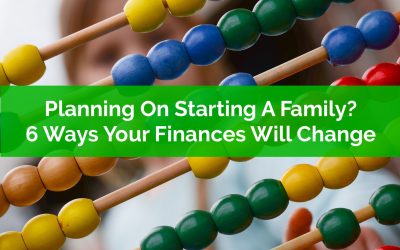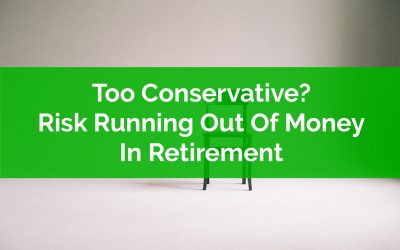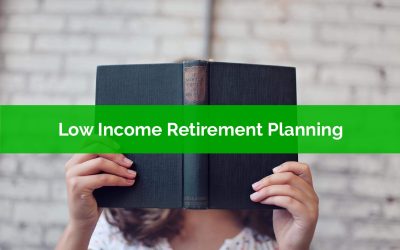Congratulations! You’re on the waitlist!
We will e-mail you before the bootcamp launches for an exclusive preview.
Check out our latest blog posts…
Planning On Starting A Family? Six Ways Your Finances Will Change
Starting a family is expensive. Estimates are thrown around that it costs in the low six figures to raise each child. Amounts like $100,000 or $200,000 per child are often quoted. While these are probably a bit dramatic, and include the opportunity cost of one parent staying at home, the fact is that starting a family can cause a number of changes to your personal finances.
Anticipating these expenses can ease the financial cost of starting a family (or at least make it a bit less stressful). If you know what’s coming, you can plan accordingly.
When you’re starting a family it’s easy to get caught up in the excitement. There are lots of new things that need to be purchased and there’s a strong desire to do the best for your future family. All these emotions can mean that things sometimes get a bit out of control (I speak from personal experience!) Purchases for beds, strollers, car seats, clothing etc. etc. can quickly add up to thousands of dollars.
In addition to new purchases, families often go through major cash flow changes when starting a family.
On the income side, parental leaves from work can significantly reduce income when starting a family. Of course there are sometimes “top ups” from employers, but those only last for weeks or a few months at best, and employment insurance is only 55% to 33% of your pay up to the max (depending on if you choose the 12-month or 18-month option). Even with these programs there is often a large decrease in income when starting a family.
One the expenses side, the big one is of course daycare expenses. Daycare expenses last for a few years but for most families this expense will go away once kids start school. But even when daycare expenses disappear there are still ongoing expenses for things like food, clothing, activities etc. etc., and these can add up over time.
And if all of that wasn’t challenging enough, starting a family also comes with new tax advantaged accounts like the RESP and new government benefits like the Canada Child Benefit (CCB).
To avoid being too overwhelming let’s look at the six major ways that your finances can change when you’re starting a family and how you might go about making the best decisions for your financial future.
Being Too Conservative Can Increase The Risk Of Running Out Of Money In Retirement
When it comes to retirement planning, one of the biggest fears is often the risk of running out of money. It can be worrisome to think about what could happen if you’re unable to support your expenses in the future.
Sometimes these fears can lead to people choosing a more conservative risk profile, or holding a lot of cash, but taking these defensive measures can often increase the risk of running out of money in the future.
A more conservative asset allocation decreases market risk, the risk we take on when we invest in the stock market. But a conservative asset allocation actually increases other types of risk, like the risk of running out of money, or the risk of being impacted by high inflation rates.
A more conservative asset allocation can actually increase risk in retirement, especially for longer retirement periods. Your typical 30-40 something couple has a very good chance of either one making it to age 100+ in the future. There is a 25% chance that one of them will make it to age 98 and a 10% chance that one of them will make it to age 101!
Without making other changes, like a lower withdrawal rate, more flexibility with spending, part-time income etc, being more conservative can actually lead to a much higher probability of running out of money before age 100.
Let’s explore why this is the case and what you need to consider when creating your retirement plan…
Low Income Retirement Planning
Low-income retirement planning requires a very different set of tools than your average retirement plan and this can sometimes lead to trouble when a soon-to-be low-income retiree gets advice that has been tailored for someone with a much higher income.
What we need to consider for a low-income retiree is very different than for your average retiree and the recommendations in a low-income retirement plan can sometimes be the opposite of a regular retirement plan.
The drawdown of investment assets, the timing of CPP and the timing of OAS are among many factors that differ in a low-income retirement plan.
When it comes to low-income retirement planning we’re primarily concerned with one thing, government benefits. We want to ensure that the way we save pre-retirement and the way we create income after retirement does not impact the amount of government benefits received.
This can be very tricky and can often lead to some less than obvious recommendations.
Before we get into some ideas to consider around low-income retirement planning lets look at why government benefits are the main consideration.



